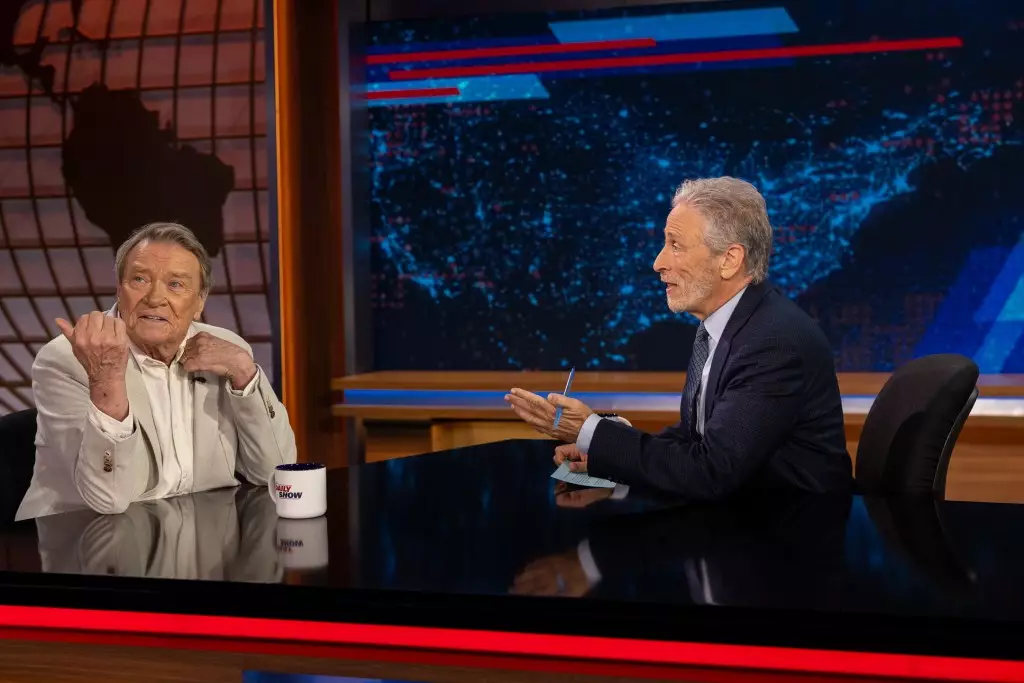In recent times, the revelation of a hefty $16 million settlement paid by Paramount Global to former President Donald Trump shockingly underscores a disturbing trend: the blurring lines between corporate interests, legal accountability, and political influence. Such a large sum, handed over seemingly without contest or clarification, raises uncomfortable questions about the integrity of journalism, corporate motives, and the supposed independence of the media. This incident exemplifies how financial power often supersedes truth and transparency, creating a climate where accountability is compromised in favor of protecting corporate and political interests.
The perception that such payments are mere “protection money” rather than genuine resolutions exposes a deeper malaise within the journalism industry. When a respected news outlet like 60 Minutes becomes embroiled in accusations of editing bias, it signifies a troubling erosion of trust. The core mission of journalism — to unearth facts and hold power to account — appears compromised when studios choose monetary settlements to sidestep legal disputes. The quick willingness to pay rather than defend journalistic integrity suggests that, for many corporations, image control and continuity of business take precedence over ethical standards.
The Media’s Silent Complicity and Its Consequences
The situation is further complicated by the involvement of media legends like Steve Kroft, who characterize the settlement as “devastating” to journalistic values. Kroft’s insights highlight an industry plagued by fear — fear of losing jobs, revenue, or influence, which dampens the willingness of outlets to fight for the truth. This climate of intimidation fosters a dangerous complacency, where stories that threaten powerful interests are quietly silenced or sanitized. The fear of retribution from wealthy corporations and political figures effectively muzzles investigative journalism, silencing dissent in a manner that undermines democracy.
Stewart’s pointed criticism, comparing Fox News’ dubious edits to Paramount’s questionable move, underscores a broader crisis: media outlets have become increasingly transactional. When profit and corporate interests override journalistic responsibility, we are left with a distorted version of reality. The phrase “protection money” is not hyperbole; it encapsulates a willingness among corporations to pay for silence or favorable coverage, further eroding the public’s trust in media institutions that should serve as watchdogs.
The Intersection of Power, Money, and Political Influence
The alleged connection between the settlement, the looming merger of Paramount, and Trump’s political ambitions reveals a transactional landscape; a marketplace where influence is bought and sold under the guise of legal or corporate necessity. Stewart’s probing questions about the merger’s motives suggest that financial transactions are being used to facilitate political agendas, raising alarms about the integrity of both the corporate and democratic process.
This dynamic exposes an insidious cycle: corporations prioritize strategic deals that may involve quiet payments to powerful figures, ensuring their survival or expansion without scrutiny. Meanwhile, politicians like Trump demonstrate an ongoing pattern of punishing and rewarding entities based on personal or political gains. The confluence of money, influence, and media rigging jeopardizes the very foundation of democratic accountability. When justice becomes a bargaining chip for corporate mergers or political favor, the fabric of democracy weakens, leaving ordinary citizens increasingly disillusioned and disengaged.
The Question of Ethical Responsibility in Modern Media
At its core, this episode invites a larger reflection on the ethical responsibilities of media outlets and corporations. If journalism is to serve as the fourth estate, it must resist the temptations of financial expediency and political influence. Instead, it should stand as a bulwark against corruption, shining a light on uncomfortable truths, regardless of who is involved or how much it costs.
The failure to confront or challenge this pattern of settlements for high-profile figures signifies a broader societal failure. It’s a stark reminder that the battleground for truth is not only fought in courts or editorial rooms but also in the collective consciousness of a society that must demand transparency and accountability. Only through unwavering integrity and deliberate resistance to the siren call of money can media restore its role as a guardian of democracy, not a facilitator of the powerful’s narratives.
In a world increasingly dominated by financial interests, this incident should serve as a wake-up call: integrity is an act of rebellion, and defending it requires vigilance, courage, and a refusal to accept silence as a substitute for truth.
